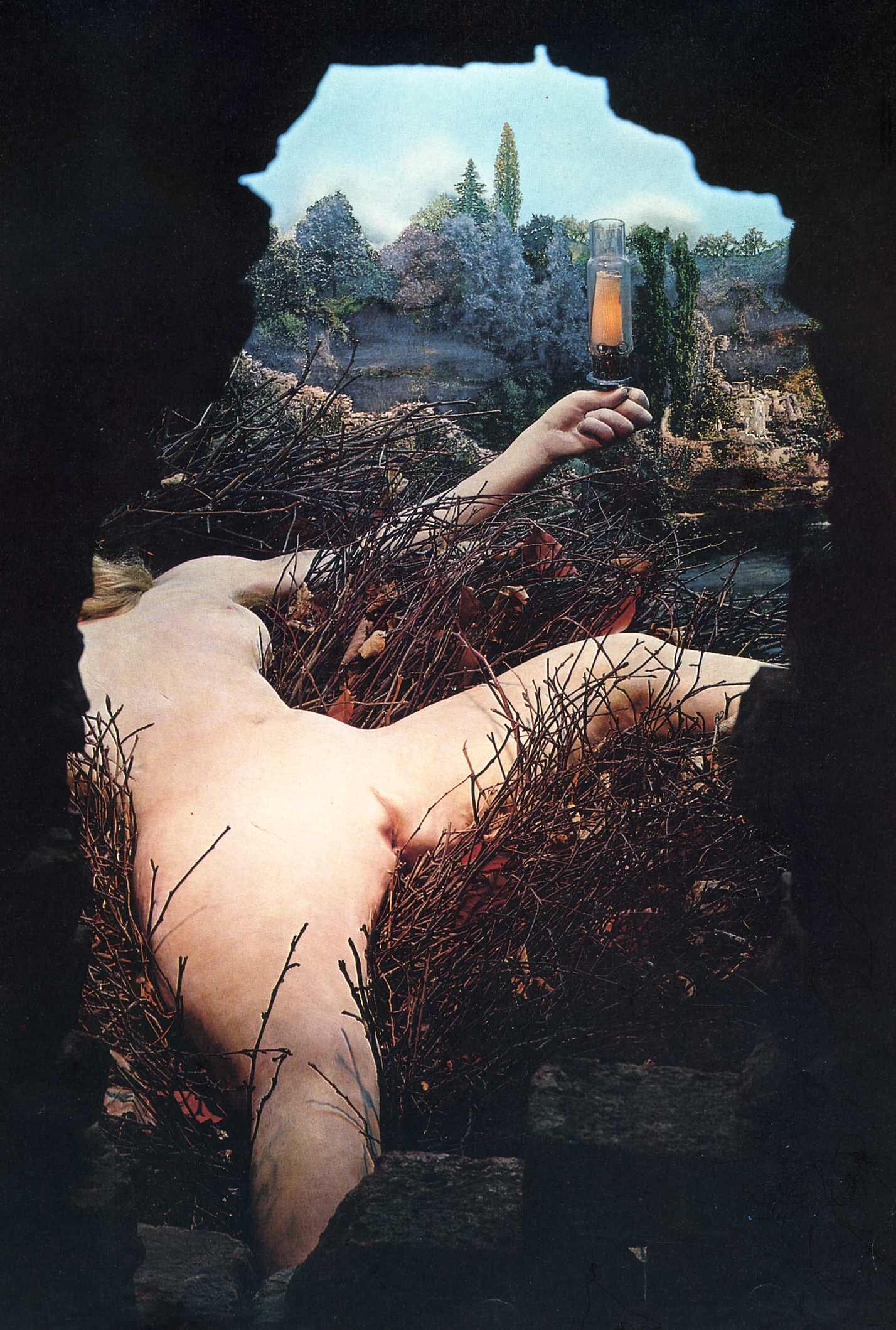No. Not even close.
More anxious than enthusiastic, all he could manage were a few mildly entertaining heterodox synopses of a variety of philosophers with whom he disagrees, a mediocre historical defence of capitalism and a bad philosophical one which raised more questions than it answered: if Aristotle is gospel, why was ancient Greece such a decadent shithole with a GDP lower than North Korea’s? If the enlightenment invented capitalism, truth and progress, how is it that mercantilism both predates and outlasts the enlightenment? Why is it that the renaissance precedes it? (Hello modern science, bye bye the medieval alchemist’s hero, Aristotle.*) And how on earth could anything have been reformed before it? (RIP the Papacy, heigh-ho maritime arms race enslaving the much more profitable heathens of the seven seas!).
With his Trojan horse of an opening out of the way, he launches into a comical broadside against “the left”: postmodernism is Marxism for the disenfranchised Marxist, which is, at best, as interesting as saying that any criticism of the status quo that gains traction is communism! Have you checked under your bed recently?
He even has the audacity to suggest that criticism of the holy cows of the “West” (a post-modern concept, if ever there was one!) is disingenuous and entirely tactical, though in this instance he doesn’t provide any cherry-picked, context-less quotes to support this utterly cowardly assertion. Personally, I doubt Shakespeare was a misogynist; but it takes a special kind of West-End groupie to claim that those who believe he was are only pretending.
Incidentally, I remember a student asking Prof. S.R.C. Hicks how to stop people on campus with whom he disagrees with from changing his mind, and in turn how to change their own—he responded by explaining how to harden one’s heart like a pharaoh against ideas one disagrees with, and in turn how to convert others to one’s own ideas. (No quote necessary, right? Am I doing this whole scholasticism thing right?) [Though I could probably find the YouTube video in which this took place, if I really had to.] Anyway, such an attitude strikes me as being very much like the sort of on-campus activism and intellectual anxiety he was self-righteously railing against left-wing professors and students for exhibiting.
Anyway, apparently the majority of post-modernists are left-wing. P. S.R.C.H. feels very strongly that this is true, but only supplies as evidence to support this assertion three names: Richard Rorty, Foucault and Sartre—which, to be fair to him, constitute two more demons than most of the people on the cultural bolshevism bandwagon can invoke. But how did this unholy trinity influence Thatcher and Reagan or their love-children (and their own parents, if we’re being pedantic)? On the placating side of the same coin, how did their ideas contribute to the gay liberation movement, drug reform, Nader’s Raiders, and the “nanny state”? How have they contributed to the left’s puritanical reactionary backlash, or the right’s nationalistic one? (Surely all but the first question might have been answered?)
Without S.R.C.H. having elaborated, you can surely forgive me if I find it hard to believe that Donald Trump, Boris Johnson, Bolsonaro, Scott Morrison or Vladimir Putin have been plumbing the depths of The History of Sexuality and the Iranian Revolution, Being and Nothingness or Contingency, Irony and Solidarity! Maybe Putin at a stretch—if you’ve been watching too much Adam Curtis (link hypernominalisation); or not enough (link Mayfair Set). Even Bernie Sanders and Jeremy Corbyn don’t seem to have got much further than Keynes, though the latter will, in his defence, name drop Marx and Mein Kampf! That said, I’ll grant him Gianni Vattimo: surely the closest thing to a bona fide cultural bolshevist or a Marxist turning to post-modernism to reinvigorate Marxism in existence—not to mention he’s a self-proclaimed nihilist—yet he’s not even name-dropped!
Of course, in a not-entirely-baseless speculation, we might hypothesise that the good professor could potentially go so far as to categorise the aforementioned right-wing “populists” as left-wing, so it’s hard to see how his unnamed figures of left-wing post-modernists could have been anything but left-wingers in his mind, as there’s a reasonable chance that for him the right-wing begins with Hayek and ends with Friedman (which would, counter-intuitively, actually make most non-populist politicians right-wing). Nevertheless, I’m willing to give him the benefit of the doubt and take the moral high ground by not suggesting he’s a political ideologue, as it’s entirely possible to be sincere, apolitical and yet a complete imbecile.
(That’s a straw man, is it? Of course it is, Dorothy; but the straw man actually had a heart all along!)
Alchemy is also arguably the beginning of modern metallurgy, so Aristotle did make an important contribution to the history of science; but in the Enlightenment nativity, Principia Mathematica is the virgin birth of Science!
P.S. I also read Proust Was a Neuroscientist by Jonah Lehrer (RIP), a book noting the similarities between modernist aesthetics and the findings of neuroscience. While it wasn’t a particularly interesting examination of either neuroscience or modernist art, it was refreshing after the evolution and aesthetics book to read a book concerning science and art, which didn’t presume to place art beneath science in the author’s intellectual hierarchy.



